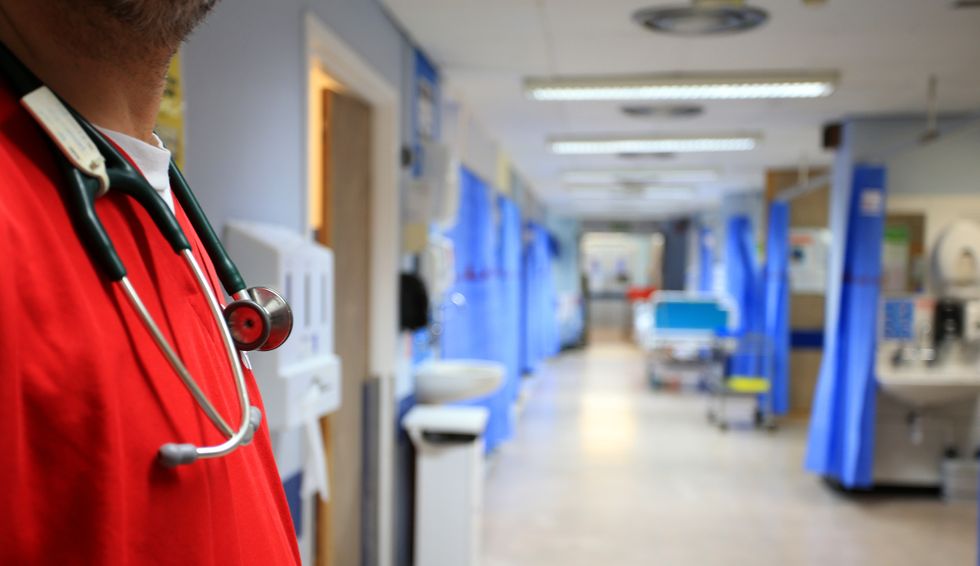Don't Miss
Most Read
Trending on GB News
The result of an experiment involving people with untreatable cancers has been labelled a “leap forward” in developing a treatment for the disease.
The experiment tailored treatment to the individuals involved and targeted weak spots in their tumour, redesigning their immune system to attack them.
People with breast, colon and lung cancer that had not responded to other treatments took part in the trial.
The research focused on T-cells, a key part of the body's immune response, which move around the body assessing potential problems in other cells.
Its findings were published in the Nature journal earlier this month.
People with breast, colon and lung cancer that had not responded to other treatments took part in the trial.
Peter Byrne
The researchers took T-cells which could effectively locate cells that have become cancerous within the body, as well as T-cells in the same body that were not able to find the corrupted cells.
They then replaced the receptors in the T-cells that could not locate cancerous cells with ones that could.
These were then put back into the patient with the hope they would effectively find the tumour.
The experiment was made possible by huge advances in the gene-editing technology Crispr which helps scientists manipulate the DNA of a cell by removing and replacing specific receptors.
Although the cancer in 11 of the 16 patients continued to worsen, it stabilised in the other five.
It is hoped larger studies will help to discover the correct dosage and effectiveness of the treatment.
Researcher Dr Antoni Ribas, from the University of California, said it was a “leap forward in developing a personalised treatment for cancer”.
Head of the immunology service at Clinic Hospital in Barcelona Dr Manel Juan, said it was "extraordinary work" and "undoubtedly one of the most advanced in the field".












